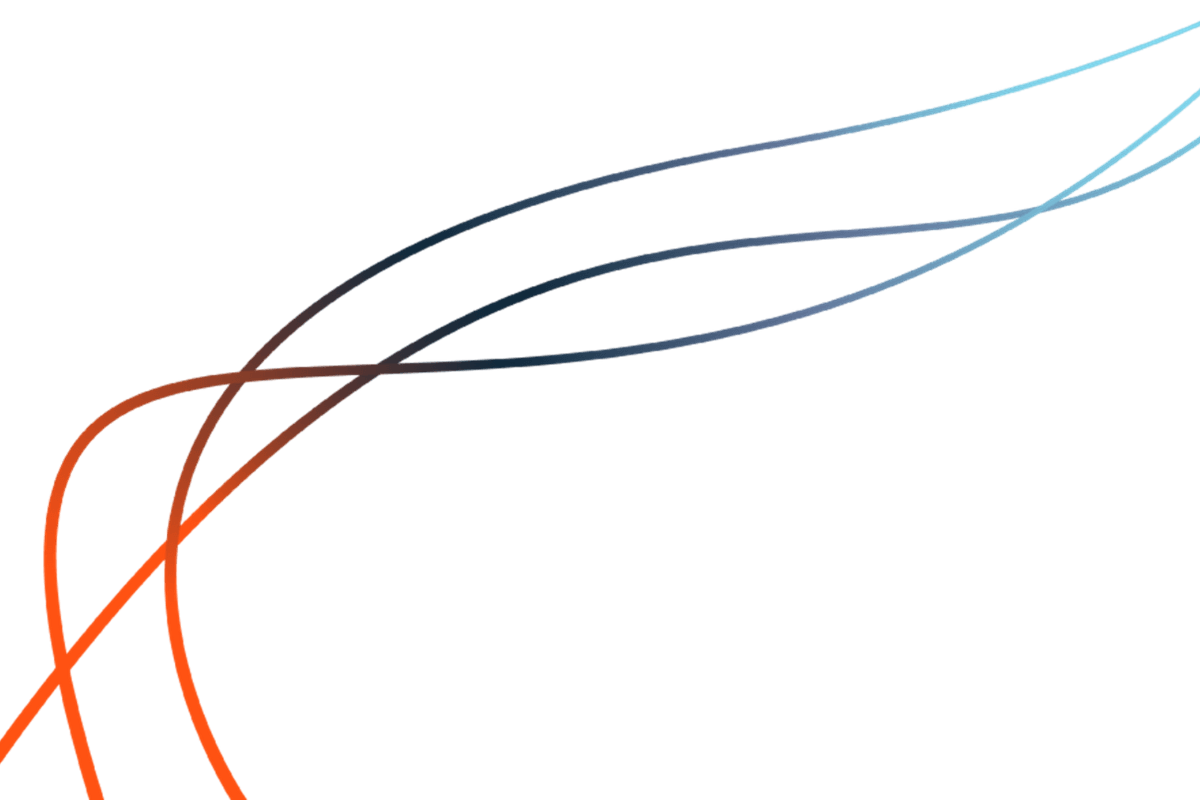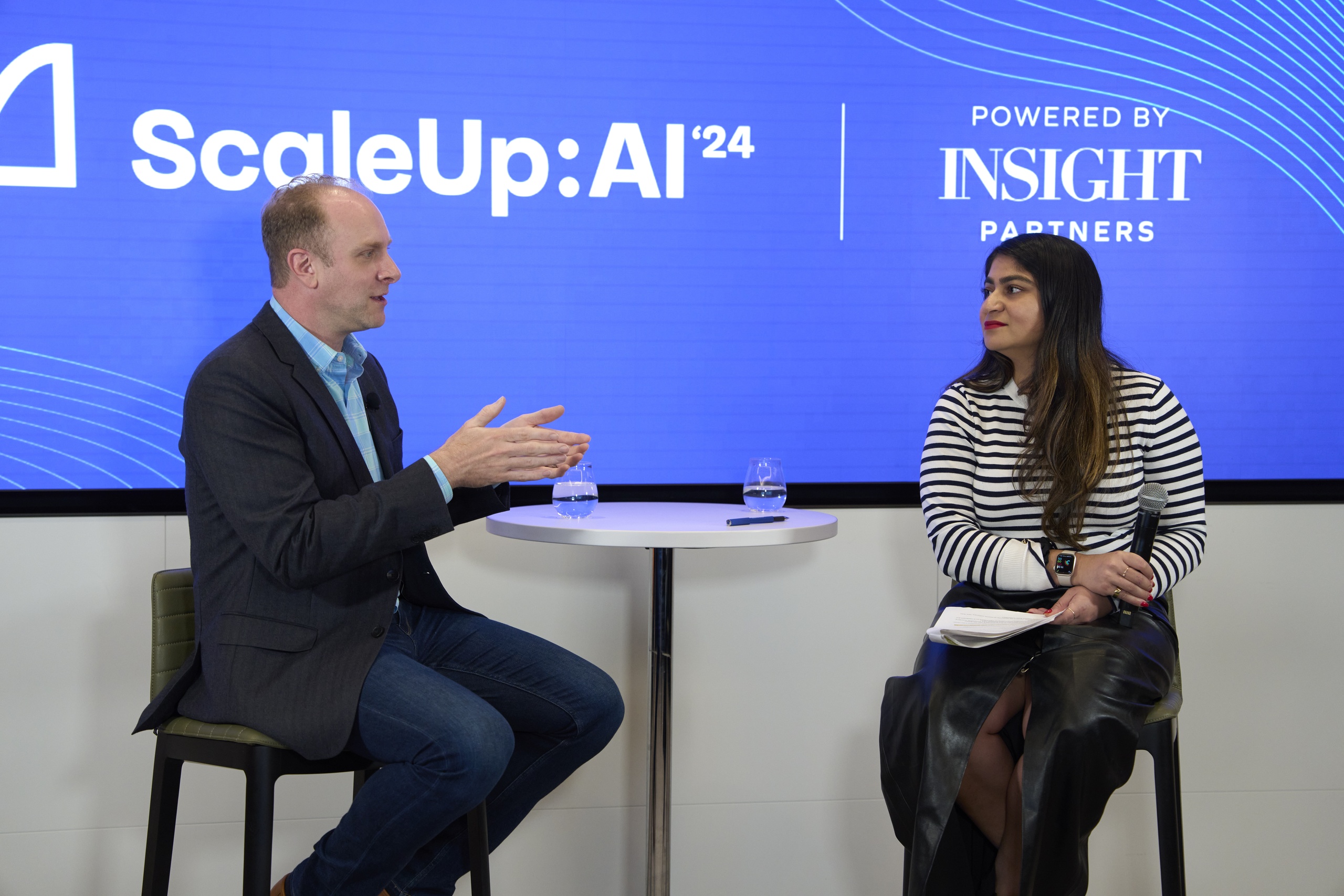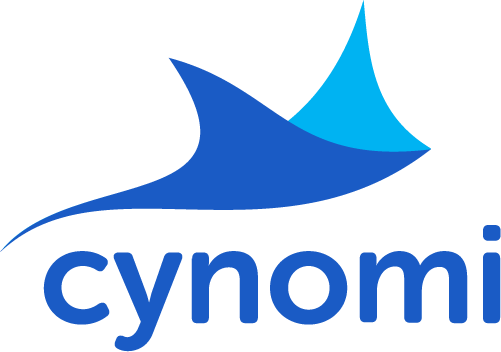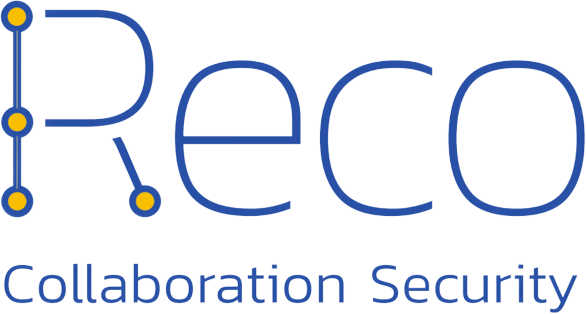Keep Calm and carry on meditating: CEO David Ko on thoughtful growth and reshaping wellness
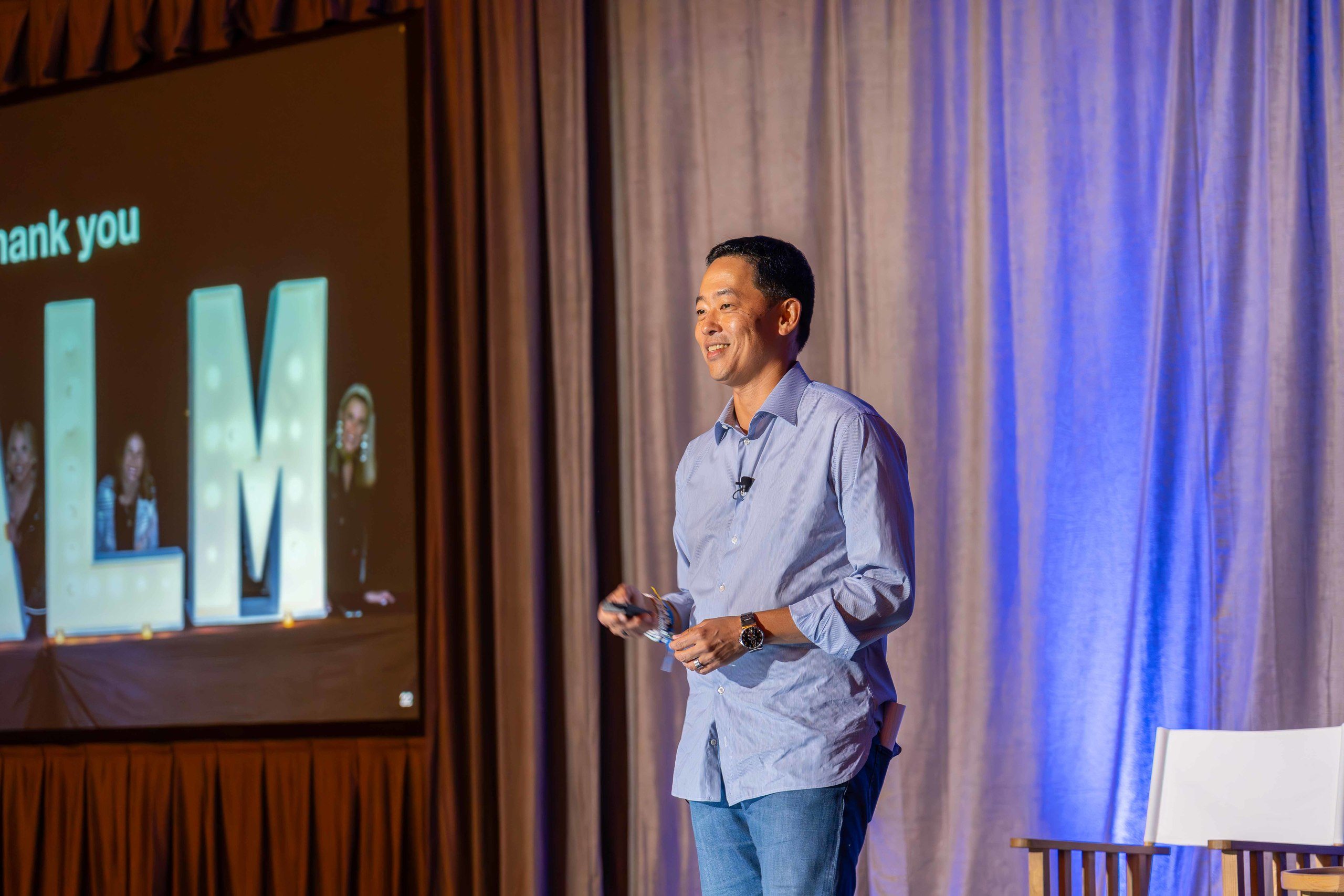
In late November of 2023, David Ko’s phone started blowing up. He received an avalanche of texts, calls, and emails telling him that Saturday Night Live had just aired a sketch featuring Timothée Chalamet recording a sleep story for Calm.
It was a big moment for Ko, chief executive of the meditation and mindfulness app. “I wish I had known they were doing that,” he says. “It was incredible to see a skit about us.”
For Ko, this showed that Calm was not only helping its millions of fans; it was also “culturally relevant,” he explains.
A quarter century in the field
Ko joined Calm in 2022 as a co-CEO after the company acquired his medtech startup, Ripple Health Group, and has been building businesses for a quarter of a century.
“When I was at Yahoo!, I was one of the youngest execs in the room,” he says. “Now I’m one of the oldest.”
His ten-year stint at Yahoo!, starting in 2000, was followed by three years at Zynga, during which time he swiftly rose from chief mobile officer to chief operations officer and helped take the gaming giant public in 2011.
Ko’s experience using gamification to change behavior made him a natural fit for his next role as president and chief operating officer at Rally in 2013, which rewarded users for taking action to improve their wellness, and it was acquired by insurance giant UnitedHealth Group in 2017.
To the outside world, it seemed as though Ko had parachuted into Calm out of nowhere in 2022. “But in fact, I first met Calm’s founders, Alex [Tew] and Michael [Acton Smith], in 2018,” he explains.
Ko was introduced to the pair by a former colleague, Dun Wang, Calm’s then-chief product and growth officer. “This is the power of relationships,” Ko says. “She said, ‘You should meet these guys. We’re super small, but we’ve just taken Series A investment from Insight, and we are looking to scale.’”
The three serial entrepreneurs found themselves united by a common mission: “Make the world a healthier and happier place.”
Ripple and Calm: United by a common goal
Ko quickly became an adviser to Tew and Acton Smith. “We talked about going public, scaling companies — and I found them super thoughtful in their approach.”
“They were in mental health, and I was in caregiving,” continues Ko, who co-founded Ripple in 2019 after seeing the challenges his mother experienced while looking after his grandmother in Korea.
He explains: “The kitchen table was littered with Post-its about pills and pain and doctor’s visits, like a command center for healthcare.” With Ripple, he created a platform to help users manage their health, connecting them to providers and acting as an information hub.
When Ko decided to develop a new behavioral health proposition that helped people take a more holistic approach to their mental and physical health, he told the Calm founders about it. Ko wanted to bridge the gap between digital and real-world tools.
“I wanted to be able to help someone approaching a crisis point to access support and find a therapist,” he says. “They said, ‘Why don’t we join forces?’ It felt so natural because we had known each other for years and while Ripple was more traditional healthcare, Calm had consumer trust.”
After Calm acquired Ripple in 2022, Ko and the Calm founders began exploring ways to make mental healthcare more accessible.
“We’re on iOS and Google Play but we also now allow employers to give Calm as a benefit,” explains Ko. “Going forward, we’ll also be available through your insurance provider. Never before has a brand with the reach and affinity like Calm been partnered with insurance carriers to improve the health of their members.”
“Growth for us has to be thoughtful”
In the world of meditation, mindfulness, and sleep stories, Calm dominates. It boasts more than 150M downloads and an enviable 4.8 out of five stars on the App Store.
“We’re in every country that we are legally allowed to deploy in. We’re in seven languages — it’s a global brand,” says Ko.
Some of Calm’s most famous fans have even become investors and narrators; pop star Harry Styles is among Calm’s backers, while actor Matthew McConaughey, who was an early adopter, was pivotal in the success of the app’s sleep stories.
However, there’s a lot of competition in the meditation space, with an estimated 2,500,000 apps now vying for users. “Not all of these apps make you better,” says Ko. “It’s easy to create and market an app these days. We are focused on outcomes.”
Independent clinical trials have proven that Calm really works. In 2019, a study showed conclusively that the app “reduces stress and improves mindfulness and self-compassion in stressed college students.”
Ko says that this kind of impact brings a lot of responsibility. Calm has reached profitability and, in January 2024, became the highest-grossing healthcare app in the world.
“But growth for us has to be thoughtful,” says Ko. “It’s not a case of growth at all costs.”
Scale up your career: See all open roles at Calm.
The investor POV
“Calm has a shot at making healthcare accessible through your employer and anywhere that consumers engage.”
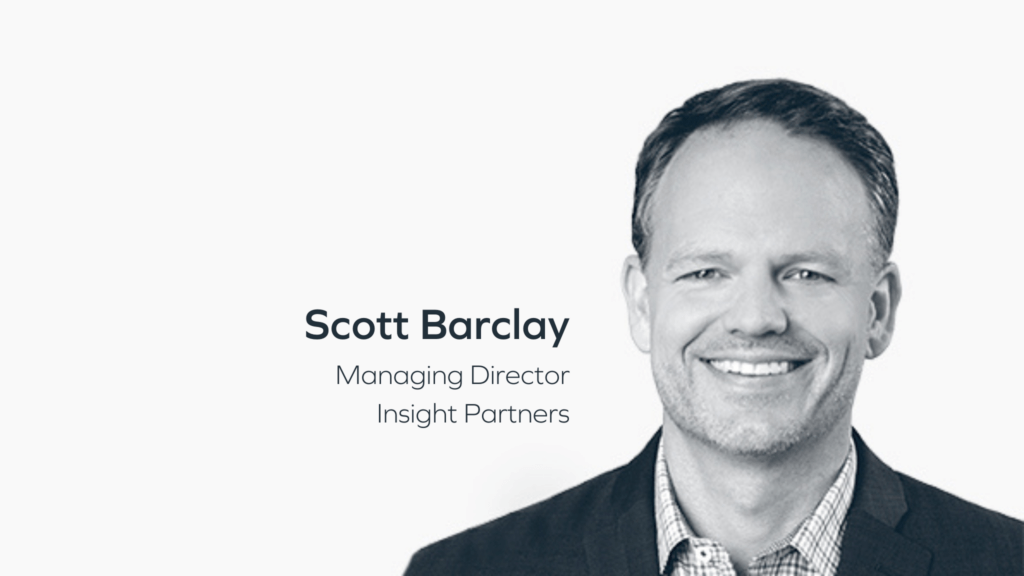
Insight Partners has now participated in three funding rounds with Calm. In 2018, the app became the world’s first mental health unicorn raising $88M, and in 2019, it raised a further $75M. TPG Growth and Lightspeed Venture Partners now sit on the cap table alongside Insight, Creative Artists Agency, and Sound Ventures.
“We collaborate and share ideas,” says Managing Director Scott Barclay, who began working with Calm in 2022. “We work together, sharing a ‘run-through-walls’ helpfulness mentality.” Prior to Barclay’s partnership with Calm, Ko worked with Deven Parekh, managing director at Insight Partners, during earlier investment rounds. “Deven is just an absolute pro, and I’ve come to really trust his feedback,” says Ko.
“Investing in Calm has been a remarkable journey. We’ve witnessed the company’s rapid growth and its impact on global mental health with cutting-edge technology that improves well-being. This investment has exemplified our mission to drive transformative change through technology and innovation,” says Parekh.
Barclay said that his first impression of the Calm C-suite was that these individuals had “a deep belief in the mission, and their joy at creating something that can help millions.”
“U.S. healthcare is broken, sclerotic, and controlled by big companies that charge sky-high prices and negatively impact society,” Barclay explains. “Calm has a shot at making healthcare accessible through your employer and anywhere that consumers engage.”
Insight’s role, as an investor, has been to show up when needed and stay in the wings when Ko needs space. “Scott is always looking for ways for us to evolve the product and make it even better for our members,” Ko says. “He’s not just a cheerleader; he gives useful feedback.”
“I often have young cofounders come to me and say, ‘I don’t really listen to my investors,’ and I often tell them that’s a mistake,” Ko says, speaking to his ethos on investor relationships. “[Your investors] have seen it all before. They’re there to help you on your journey.”
“I really appreciate our relationship with Insight. It’s a full 360-degree relationship,” he adds. “They have been with us across three rounds and that consistency and history together is important. They know this business as well as we do.”
Barclay says that Ko has helped steward Calm during a time of intense macroeconomic strife.
“The economic environment has shifted,” Barclay says. “It’s not so easy to acquire customers. Two years ago, we realized that Calm was about to hit a wall. David stopped acquiring users using paid means, radically reshaped the company, and within two months, the company was default profitable.”
The next mental health frontier
Ko, who moved from co-CEO in 2022 to sole CEO in 2023, still works closely with Tew and Acton Smith on strategy. The founders run Calm Studios in London and all three speak regularly. “Every Friday or over the weekend,” says Ko. “It’s not something that we force, but we like to chat through ideas and opportunities.”
Input from the two founders recently led to Calm updating its mood check-in feature within the app. “Now that they aren’t so focused on the day-to-day, they can think freely in a way they couldn’t when running the company.”
Ko now wants to “lean further into healthcare,” he reveals. “It’s really hard to see a psychiatrist today with long waiting lists all over the U.S. We want to be the first line of defense, working with people to get the care they need.”
This next evolution of Calm will take place through partnerships with healthcare organizations.
“Insight has been really helpful, advising us on which companies to partner with,” says Ko. “And they aren’t just giving us companies in their portfolio; they are researching the whole market.”
The proof of Calm’s ongoing impact is evident in the daily feedback Ko received from fans.
“I love to wear Calm swag,” he says. “Not everyone is proud of what they do. I want people to know I work here. When I wear the logo, people stop me all the time to tell me how much Calm has meant to them.”
